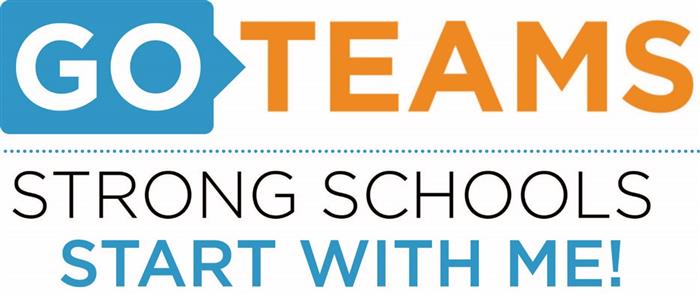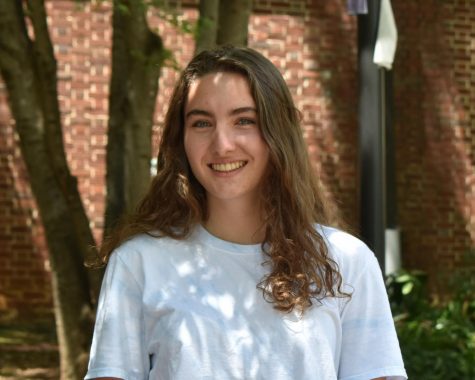District equity policy is more talk, less action
In December, Grady’s Local School Governance Team, or GO Team, held an open forum to talk about equity, but a weak distrct policy outline hindered its impact.
February 26, 2020
In December, while lunch raged in the cafeteria, I joined students and administrators in the Interactive Lab to discuss Atlanta Public Schools’ stance on equity, but I left the meeting unsatisfied.
Senior Royce Mann, student member of Grady’s Local School Governance Team, or GO Team, organized the open forum to educate students about equity in the context of the district’s strategic plan. Unfortunately, there were only about seven students in attendance. Of those who did attend, few seemed to fully comprehend equity, and the resources granted to Mann by the school and APS didn’t bolster their understanding.
Enforcing equity means offering equal opportunity. At Grady, it’s easy to point to inequities. Some students have financial and academic support while many others struggle either at home or in the classroom. However, much of the meeting’s conversation focused on minute details of a much larger problem. Instead of talking about achievement gaps on standardized tests, or the less-than-perfect graduation rate, students spent some time discussing the scheduling inefficiencies for transfer and foreign exchange students, a tiny percentage of the school population.
That’s not to say good points weren’t made. Some students suggested training teachers about diversity and making the English Language Arts curriculum more relatable to a diverse student population. According to Mann, the GO Team discussed the latter at a recent meeting and uncovered a small library of books by a diverse set of authors that could be offered to teachers.
Still, there weren’t enough students at the forum to discuss those ideas. I left the lunch meeting wondering how it might have gone differently if more voices had been present, and I wondered why those voices were missing. It wasn’t necessarily the fault of the GO Team, which had put up posters around school as promotion and tried to encourage attendance. But to be effective, the discussion needed more participation, something that could have been encouraged by the school or district.
APS’s policy outline doesn’t make it any easier.
The policy proposal is easily found online in PowerPoint form, but from there, it’s a mess to comprehend. The school board began forming it more than two years ago and presented it last February. The policy’s foundational ideas are straightforward enough — APS wants to enforce a standard of excellence for all schools — but implementation specifics are broad and vague.
APS says it wants to promote Social Emotional Learning, academic ownership and core beliefs — values. However those “goals” sound more effective on paper than in real life. The proposal uses stale words like “framework” and “stakeholders” that don’t excite students to get passionate about equity reform.
At Grady, Principal Dr. Betsy Bockman has made her own equity efforts, separate from the APS policy. Her administration encourages students who “fly under the radar” to take more challenging classes, and it eliminated several honors courses, which created a buffer between mostly white AP classes and mostly black on-level classes.
That work has made improvements at Grady, but the rest of the district is still struggling.
There needs to be more open discussion, from students, faculty, parents and school board members, and everyone in the district needs to understand what equity means. To make sure every student can reach their full potential, “equity” can’t just be an important word on a PowerPoint. It must be something accessible and comprehensible in the context of everyday life.
I hope the administration gets involved to help the GO Team discuss equity with a larger and more diverse crowd. Perhaps it could train teachers to teach equity and designate specific class time for discussion. An honest conversation is the first step to change.
I also hope the school board produces a clearer plan for achieving equity, and that it produces results.







